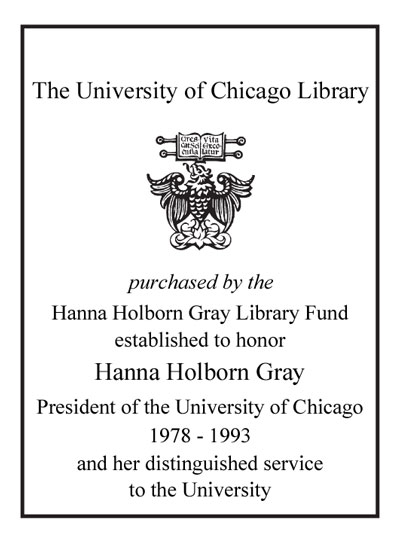Review by Choice Review
This volume introduces a new series published by Columbia University Press, "Critical Life Studies." The series seeks to push beyond contemporary posthumanisms and their humanist roots. As Colebrook (English, Penn State) and Weinstein (gender studies at Linköping Univ., Sweden) write in the preface, the volume does not seek to "respond to the questions of the posthuman" but rather but to "supplant them with the goal of reconfiguring the forces and intensities from which they originated--because these questions require nothing less than the formation of novel problems, not answers." An introduction frames the volume; the body of the book comprises 14 essays divided into 4 sections. The six essays in the first two sections largely engage Derridian deconstruction to problematize human-animal and plant relations, humanist vestiges in posthumanism, the subject, the Anthropocene, and other stabilizing concepts. The eight essays in the last two sections engage issues of technology as distinct from humans, nonhuman personhood, biotechnical assemblages, human extinction, and contradictions within the concept of life itself, using archives provided by Deleuze, Simondon, Whitehead, Arendt, object-oriented ontology, and Schopenhauer. The volume exemplifies the movement from humanism, to antihumanism, to posthumanism, to considerations of the impact of human beings after their extinction. Summing Up: Recommended. Upper-division undergraduates through faculty. --John W. Wright, Point Loma Nazarene University
Copyright American Library Association, used with permission.
Review by Choice Review

